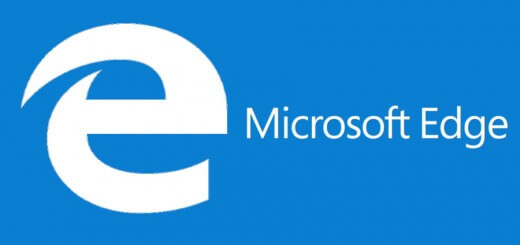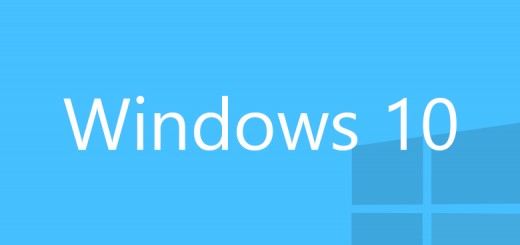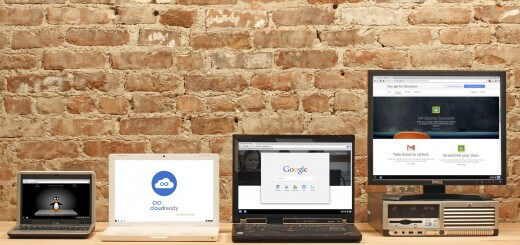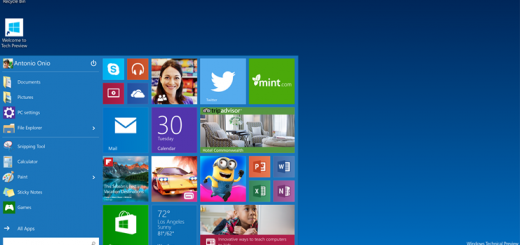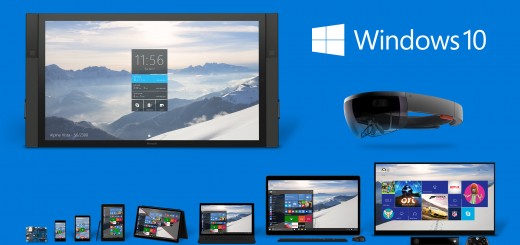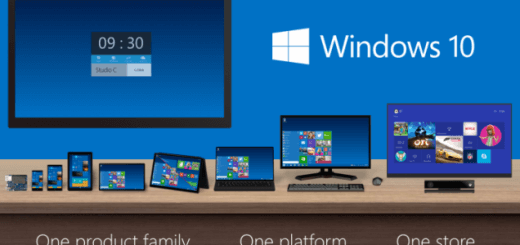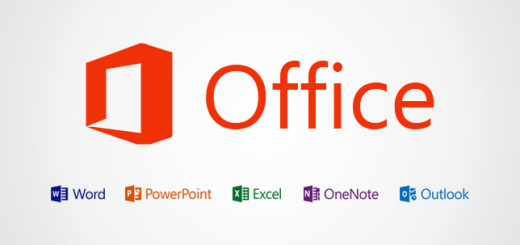Microsoft steps up legal pressure against Windows 10 pirates
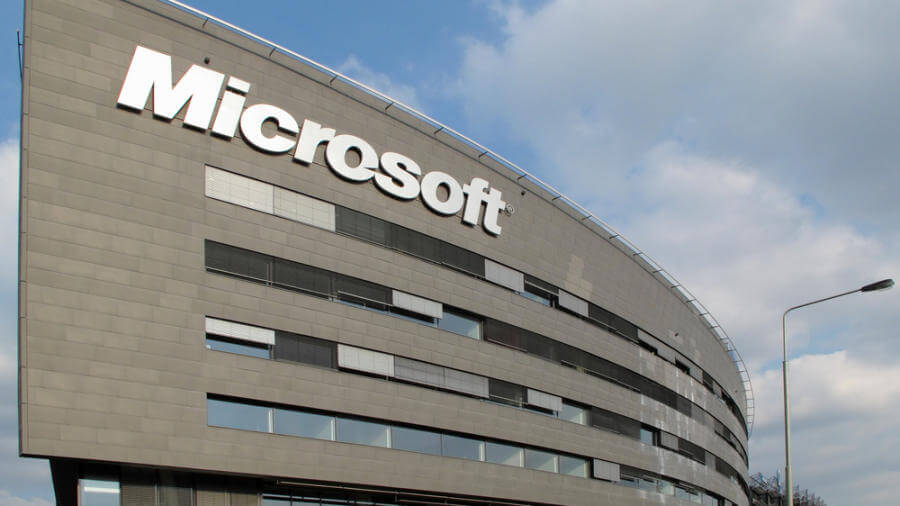
Microsoft last week continued its campaign to quash software pirates when it filed the fifth lawsuit in as many months accusing unidentified individuals with illegally activating more than 1,000 copies of Windows, including the newest Windows 10, and Office.
The suit was filed in a Seattle court last Thursday. It was almost identical to others submitted since February, when Microsoft started a string of cases targeting numerous “John Does.”
“Microsoft’s cyberforensics have identified over one thousand activations of Microsoft software originating from IP address 69.92.99.109 (‘the IP Address’), which is presently assigned to Cable One, Inc.,” Microsoft’s complaint read.
Microsoft did not identify the culprits, but tagged them as “John Doe” 1 through 10.
“Defendants have activated and attempted to active [sic] copies of Microsoft Windows 10, Windows 8.1, Windows 8, Windows Vista, Windows 7, Office 2013, Office 2010, and Windows Server 2008,” Microsoft charged.
As with the previous four John Doe cases of 2016, Microsoft asserted that it tracked the allegedly illegal activations to the IP address, and that the number and pattern of those activations “make it more likely than not” that they were using stolen product keys or abusing legitimate keys. mostbet turkiye giris sitesi mostbet-turkiye.com sans bekliyor
The 25-character alphanumeric key codes are a core component of Microsoft’s anti-piracy technology. Although the software can be copied an unlimited number of times, the keys individually lock a license to a device. Minus a legitimate key and thus activation, Microsoft’s software retreats to a hobbled or even crippled mode.
In a related filing for the same case, Microsoft requested that the latest be assigned to the same federal judge who is overseeing the four others initiated this year because they “are substantially related.” Altogether, Microsoft has filed 13 anti-piracy lawsuits since November 2014 with the Seattle court.
Microsoft has been given permission in two of the 2016 cases — both filed in early June — to serve subpoenas to internet service providers (ISPs) Comcast and EarthLink. Those subpoenas have demanded that the ISPs identify the alleged software pirates who have been assigned the IP addresses Microsoft had fingered.
Source: InfoWorld

